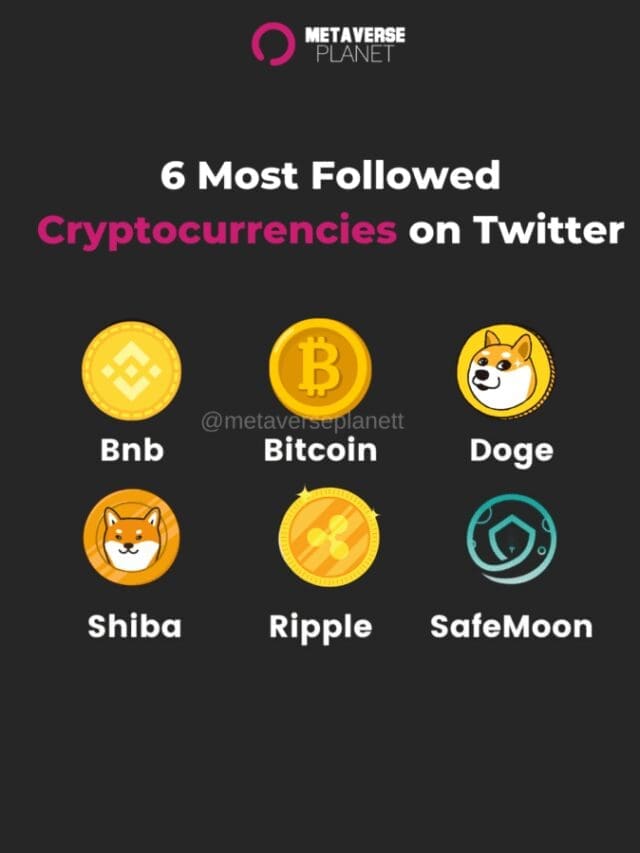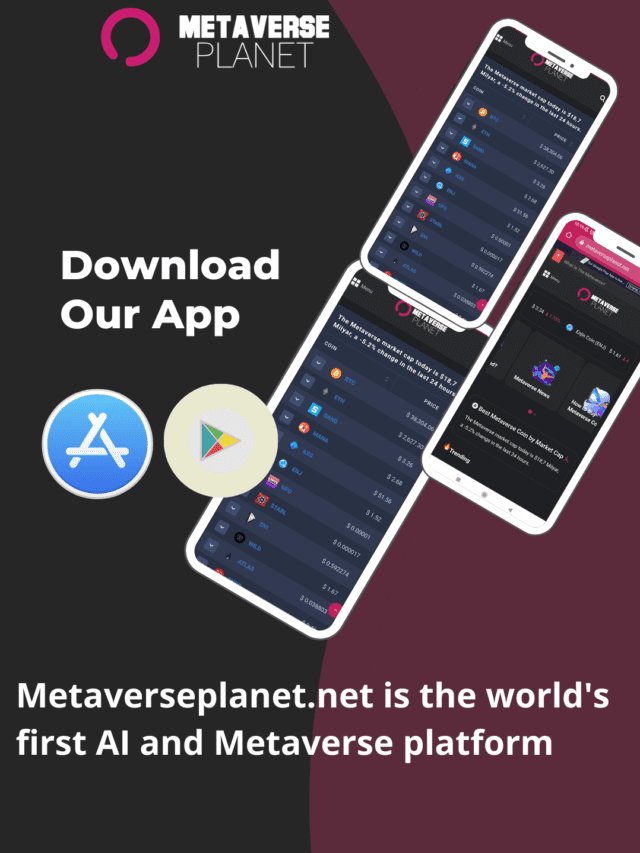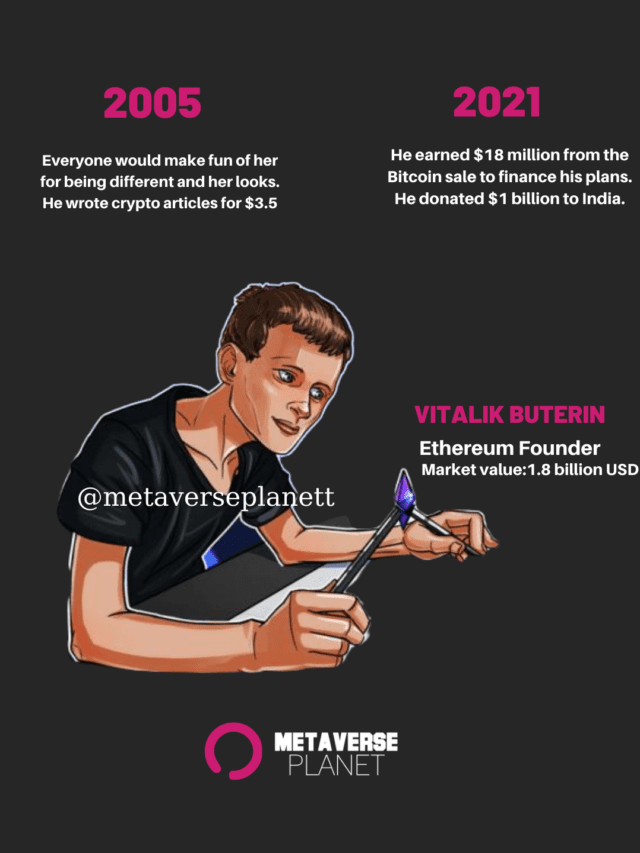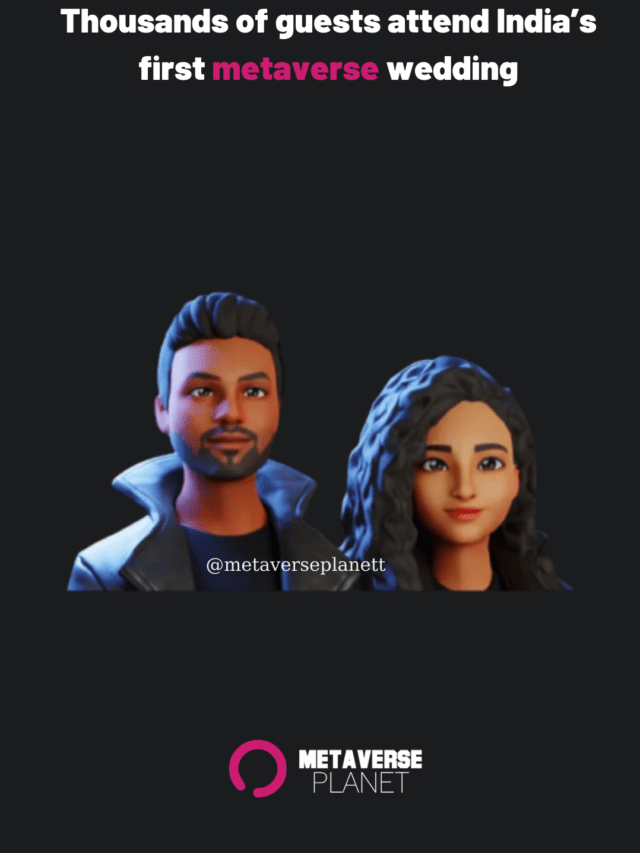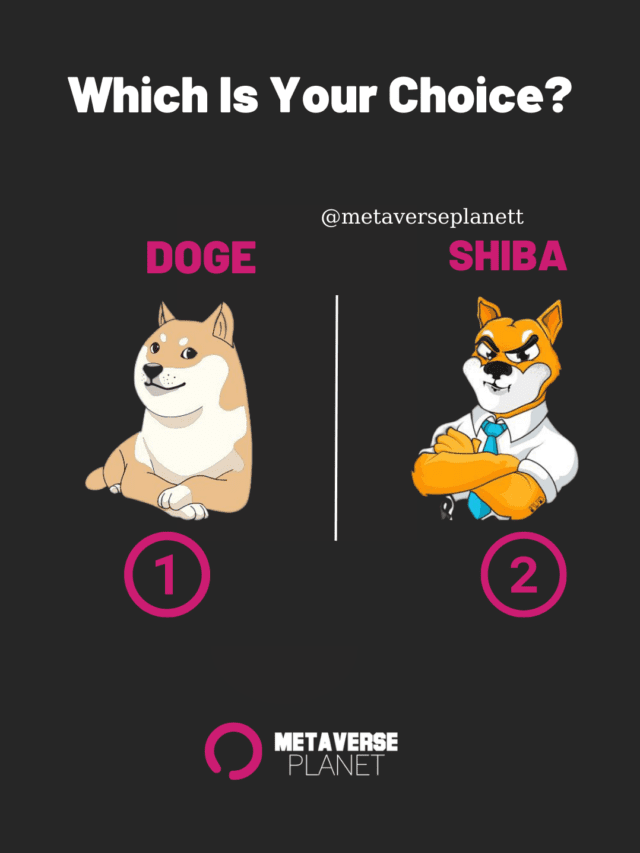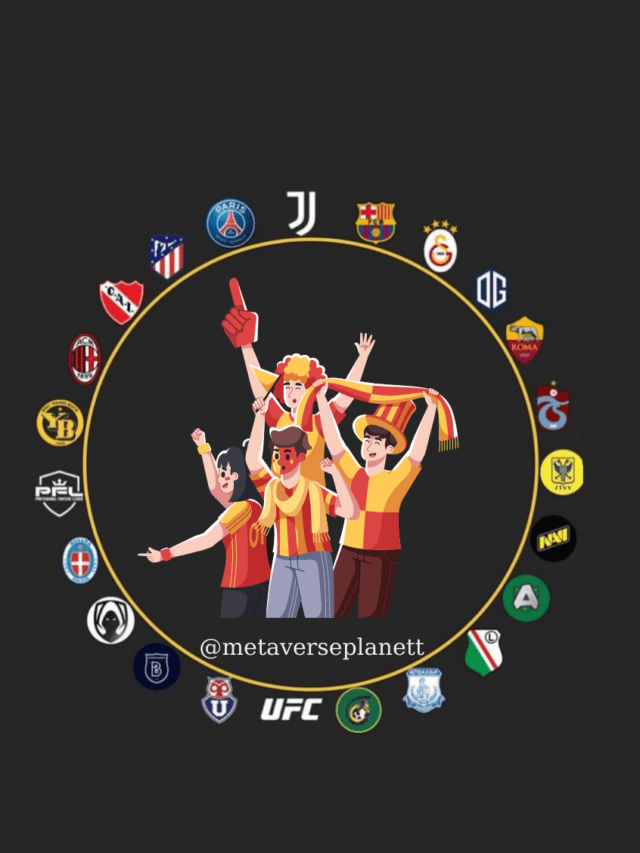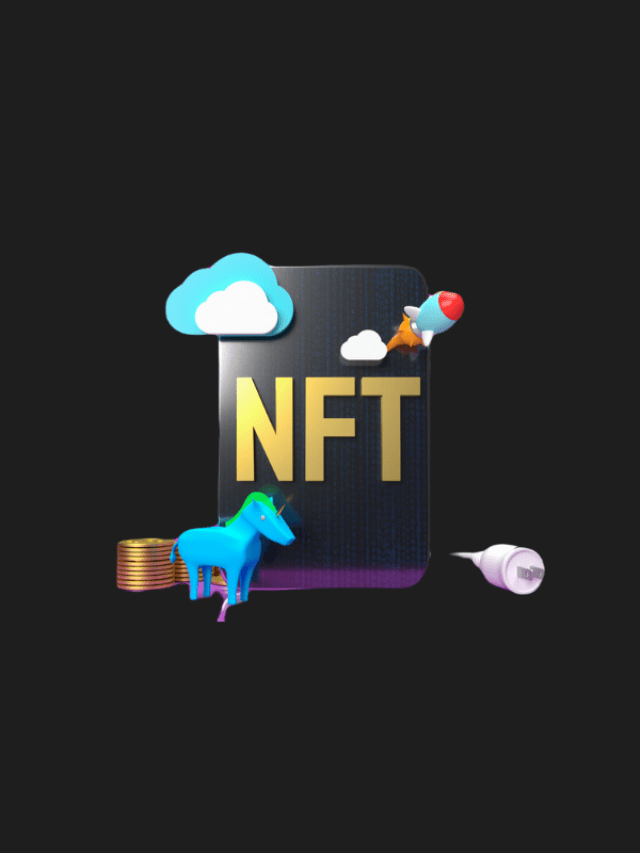
Google Takes Action: Regulating AI-Generated Political Ads
In a bid to enhance transparency within the domain of political advertising, Google has unveiled plans to alter its policy. Commencing in November, the technology behemoth will require political advertisers to transparently indicate when their advertisements are crafted using artificial intelligence (AI). This significant policy shift is designed to illuminate the degree to which AI influences political messaging.
With the ongoing advancements in AI technology, its application in crafting targeted and compelling advertisements has grown increasingly important. Google’s updated policy directly responds to this development by mandating clear disclaimers on AI-generated political ads. This initiative aims to equip users with a better understanding of the origins of the content they encounter, thereby improving their capacity to assess its trustworthiness.
The utilization of AI across different sectors is frequently hailed as beneficial, yet its deployment in political advertising has sparked ethical debates. By introducing this new disclaimer requirement, Google seeks to mitigate some of these ethical dilemmas by establishing a precedent for transparency in the realm of digital advertising.
As AI’s influence on public opinion becomes more pronounced, Google’s policy update may mark a significant turning point, potentially inspiring other technology firms to implement analogous transparency measures. This move toward greater clarity and accountability at the juncture of technology and politics represents a critical step forward in an age increasingly dominated by AI.
Regulating the use of artificial intelligence in ads
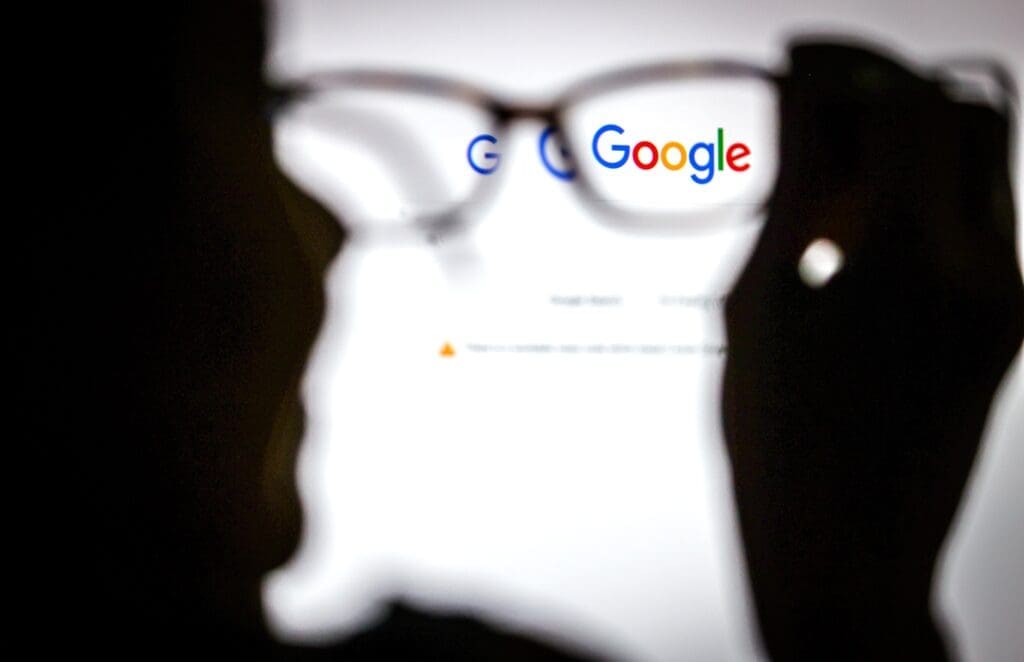
Beginning in November, Google will roll out a new policy aimed at increasing transparency in political advertising. Under this initiative, the technology powerhouse is requiring that election advertisements incorporating synthetic content—realistic depictions generated or modified by artificial intelligence—be accompanied by a clear disclaimer. This rule is applicable to any election ad that employs AI to alter real events or create believable scenarios, including changes to images, videos, and audio content.
The disclaimer labels will feature straightforward declarations such as “This sound is computer-generated” or “This image does not depict actual events,” thus aiding users in better understanding and evaluating the content they come across. However, Google has specified that minor edits, such as enhancing the brightness of an image, editing backgrounds, or correcting red-eye, will not require such disclaimers.
Allie Bodack, a spokeswoman for Google, commented on the policy change, stating, “In light of the increasing availability of tools capable of generating synthetic content, we are expanding our policies to mandate that advertisers disclose any digitally altered or created materials used in their election ads.”
This policy change marks a notable move towards enhanced accountability and transparency at the crossroads of AI technology and political discourse. As synthetic content grows ever more difficult to distinguish from real material, Google’s initiative could set a benchmark, prompting other platforms to implement similar measures for a more transparent digital advertising environment.
You may also like this content
- Meta’s Real-Time AI Image Generation: Revolutionizing WhatsApp
- Xbox VR Headset: The Future of Gaming Unveiled
- Meta’s Horizon OS: Unveiling the Next Level of Metaverse Potential
Follow us on TWITTER (X) and be instantly informed about the latest developments…


